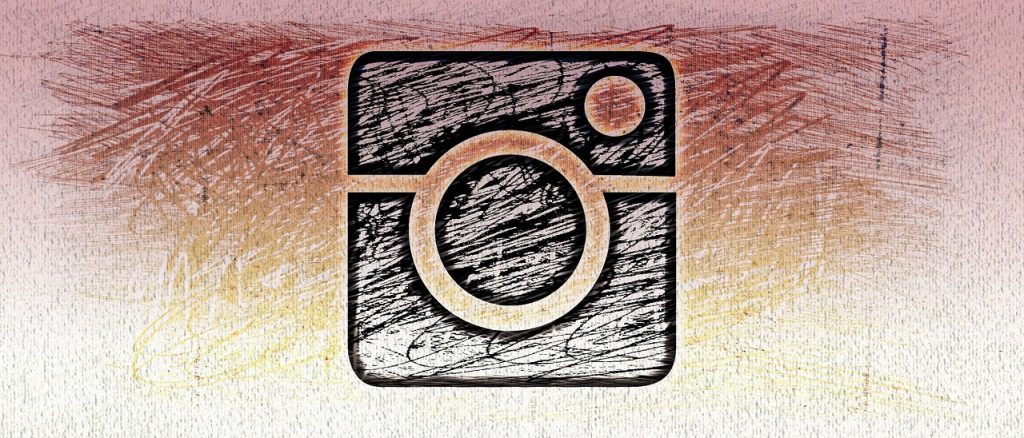How Fake Degrees Impact Immigration Applications and What to Watch For
With the number of degrees awarded every year, there is an increased chance that legitimate certificates will get misplaced. It takes resources and time to get a new degree.
fake certificates are often used to lure people into engaging in fraud. It is important to be aware of some obvious indicators to identify fake degrees.
Immigration Fraud
Immigration fraud is often committed by falsifying official documents. The consequences of this could be serious. It is recommended to work with an experienced and trusted lawyer who can defend your rights.
A lot of immigrants are vulnerable to fraud at the border because they are eager to get legal status in the United States and want to stay out of being deported. As such, they are easy targets for fraudsters who charge fees for fraudulent and unlicensed services. In some cases, these fraudsters threaten deportation or employ other methods to extract money from immigrants.
For example an imposter or fake Immigration and Customs Enforcement agent could visit the residence of an immigrant, give the immigrant a warrant, and then ask for cash. This is known as the call from a robocall. The Fraud Program at EOIR provides a wide range of resources to help victims report robocalls or other types of immigration fraud.

Other forms of fraud in the immigration system include sex-based fraud and bribery. Immigration authorities are able to identify fraud with the smallest details. The possibility of losing your citizenship if you attempt to obtain a Green Card based on an unconstitutional marriage.
The fraud of permits, visas, and other documentation required by federal laws or regulations is a serious offense and can result in serious penalties. If you are accused of fraud, you could be banned from entering or exiled into the United States.
Employment-based Visas
Fake degrees being used by foreigners across a variety of jobs is becoming a major problem. If they are caught, those who do so can be subject to serious penalties, including legal action or removal of the country. This could negatively affect legitimate employers and workers.
The most effective way to avoid becoming a victim of fraudulent diplomas is to examine the credentials of your education. It is possible to do this quickly and easily by using a credential verification system that employs automated techniques to detect forgery and falsification. They can be accessed using a browser on the internet and are usually less expensive than hiring a professional verifier to conduct a manual search of educational records.
In the case of fraud in immigration, the process is a little more complicated. A lawyer for immigration tells the BBC that many foreign nationals aren’t aware of how visa applications are viewed. They might believe that an officer will see through their application when it contains fake degrees from a recognized school, even though that school is accredited.
For instance, Lehigh University recently admitted to accepting an advanced degree from a student who did not complete its undergraduate program. It appears that the school believed that the student’s claim of having graduated from an eminent Indian university was correct because she was issued an I-20 form as well as an acceptance letter.
Student Visas
Students who are recruited for fake degrees are rewarded with lots of incentives. In the US International student recruitment has increased in the higher education sector. This is particularly true for India. India was the top student source in the US last year, surpassing China. This trend is likely to continue.
Many recruiters are able to lure prospective students with promises of speedy visa processing and less fees for tuition than in the home country. Once they have a student in the program, they can make money through additional services like securing internships, accommodation, and course materials.
When a student is recruited by a school which appears authentic, they can be enticed to provide their credentials without any additional inquiry. This is not a good idea as the authenticity of certificates can easily be verified.
Watermarks, UV ink, and security threads – all features that authentic certificates possess and aren’t found on fakes. Another obvious sign of a fake certificate include the use of American terms, like ‘with honours’ or Latin phrases like ‘cum laude’.
In certain instances fake diplomas can have a huge impact, even causing the death of genuine graduates. The fake credentials can result in people being placed in jobs that they’re not suited for. In the meantime, genuine applicants are forced to compete with fraudulent graduates on the job market.
Credential Verification
This fraud is becoming a bigger problem for businesses who offer certifications, like ISO accreditation. The fake certificates could cost a company in both revenue and image. Sometimes, it can cause legal action.
A lack of credentials can stop an company from being able access specific markets. This is especially true in the fields that require a skill-based certification. For example, many jobs in the food service industry need to hold the Food Hygiene Certificate or First Aid qualification for health and safety reasons. Failure to comply with these requirements could result in fines or even legal action and see here https://baoxinviec.com/.
A fake certificate could be used in another case to manipulate immigration laws. A fake diploma is an example. It could be presented by an immigration officer to grant visa benefits. Department of Homeland Security set up an unofficial University of Farmington, Michigan to expose fraud of this kind. The fake school accepted tuition payments and enrollments but did not have instructors or classes.
Credential verification is the methodical procedure that determines if an individual’s credentials (such as academic qualifications and work experience, professional certifications and other credentials) are genuine and authentic. This means verifying documents, letters and contacting the authority that issued them to confirm claims. This is essential to protect institutions from fraud as well as individuals from false assertions. This also ensures that individuals with the proper credentials are competent to carry out their duties or access specialized service.




